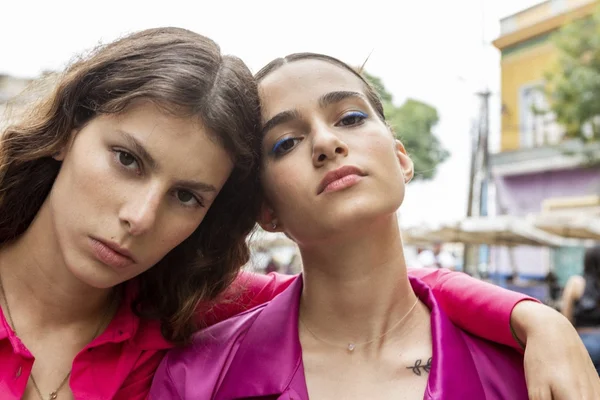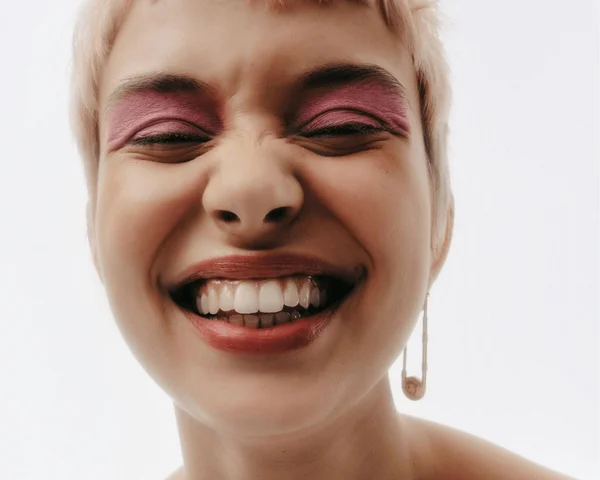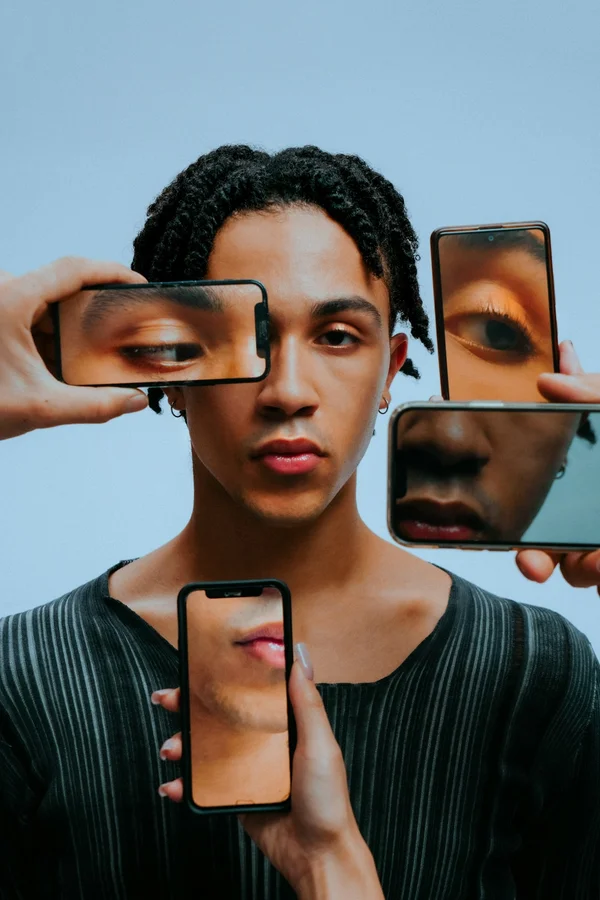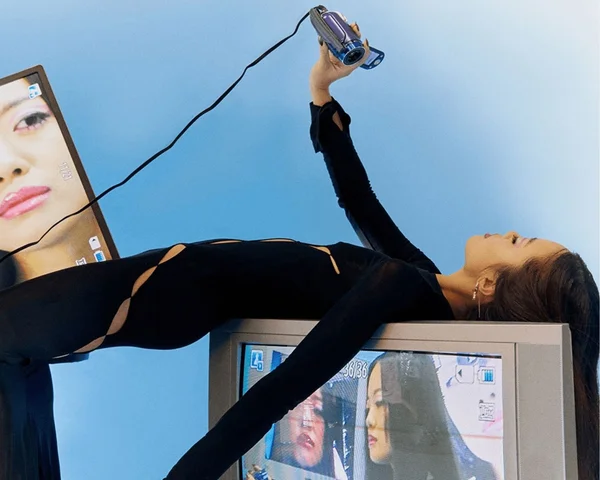Fashion under a microscope: judging celebrity fashion like it's a sport
By Nona Dimitrova published 27/02/2024
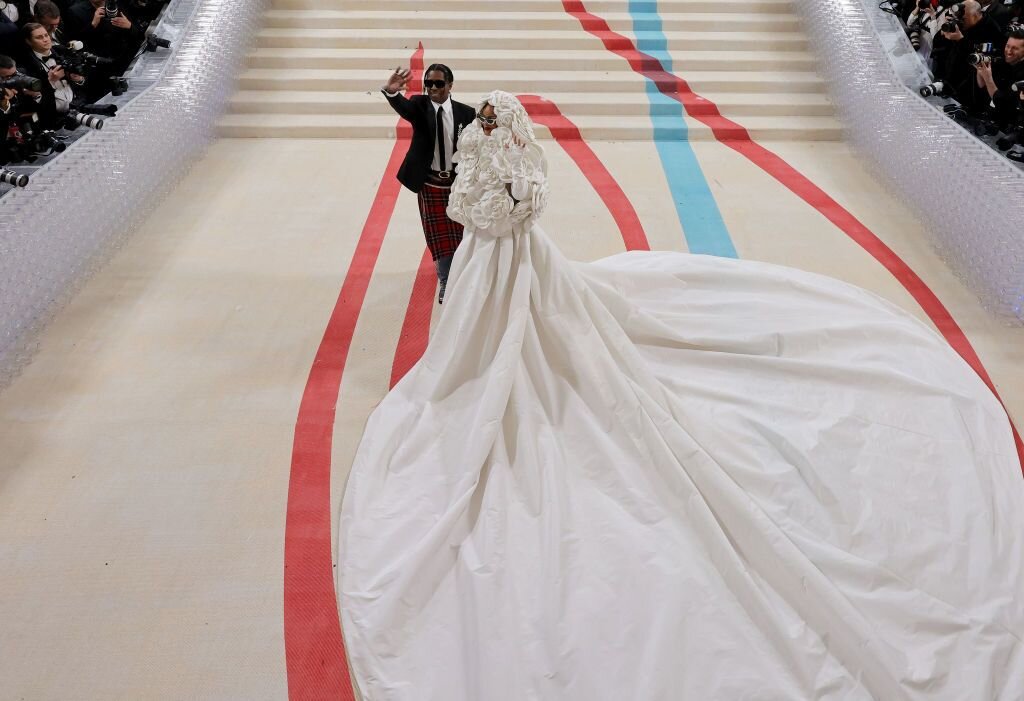
Award season marks my favourite sporting event of the year: discussing, dissecting and ranking celebrity red carpet outfits like everyone’s lives depend on it.
Similarly to the NBA, we’ve got the regular season: press junkets and appearances and off-duty paparazzi shots, play-off season: movie premiers and photocalls, and, of course, the NBA final: in this case, 3 months of award shows, starting with the Emmys and ending with the Oscars. I’ve included visuals for reference.
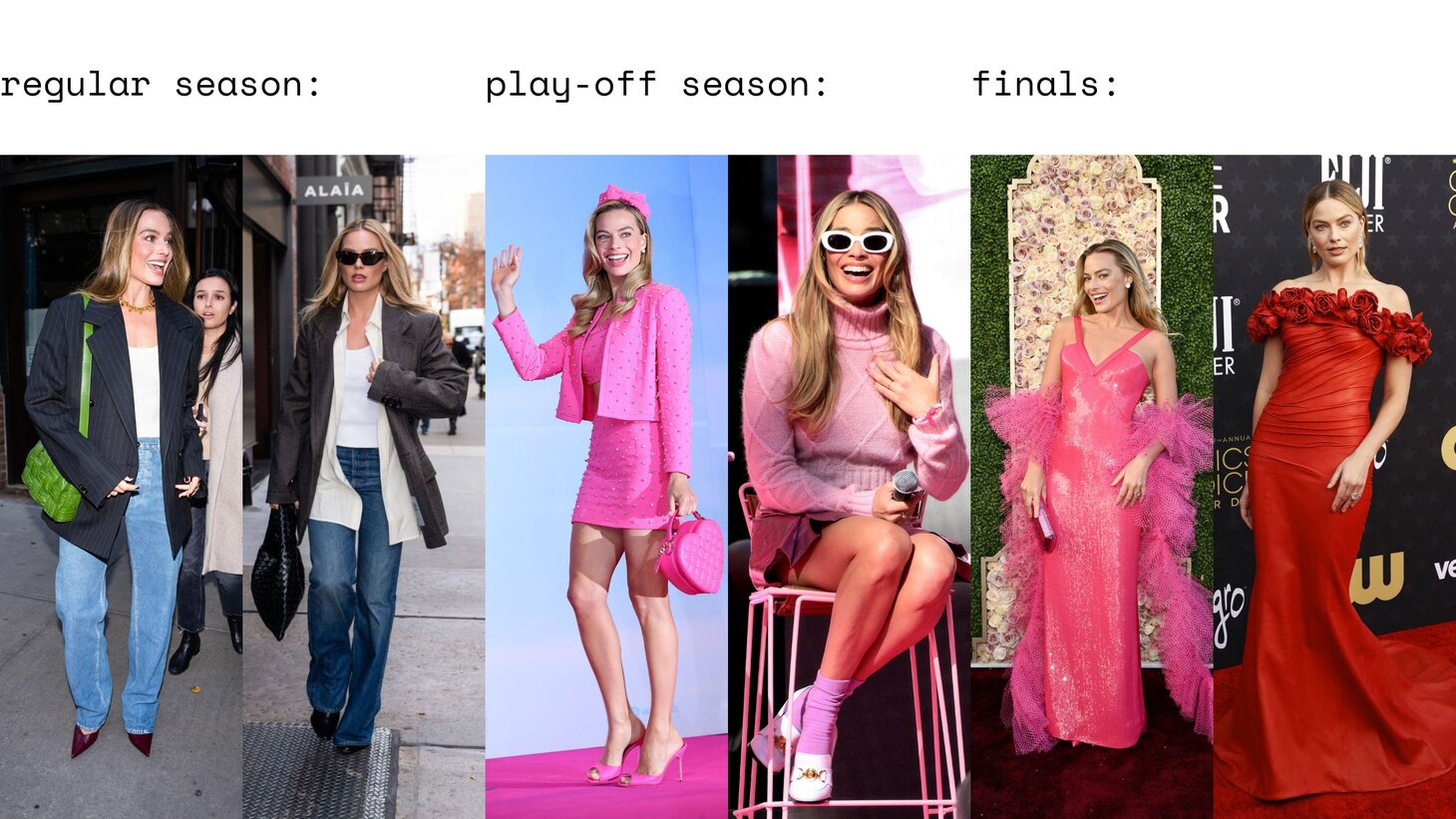
Unlike the NBA, there’s no trophy or title to be won, other than the approval or validation of online micro-communities who will either praise you to the nines or declare you the worst dressed person of all time. And, well, ending up on one of 100 ‘best dressed’ lists, of course.
There’s no solid scoring system either, one good outfit in a sea of (what are deemed) bad outfits will hardly pull you up the rankings. And one bad outfit in a sea of (what are deemed) good outfits may be called a momentary lapse of judgement, and all faith will be restored the next time you step foot on a red carpet. Unless, of course, there are two bad outfits in a row. Then we may have to reconsider– and so begins the atonement campaign. Where there must be at least three impeccable ensembles in a row, or you’ve lost your seat at the top for good. Or at least until you change stylists, or get out of what is considered an undesirable brand deal.
It can be looked at as a team sport, as well as an individual sport. An award show (case and point: the Grammys) could be considered a total failure, and a bore, if the red carpet doesn’t deliver at least 60% incredible fashion. Then the responsibility lands on the attendees as a whole, as opposed to on one single individual. The actual Grammy trophy is almost like an after-thought accessory you grabbed off your dresser as you were heading out the door.
But– why oh why– do we care so much?
Admittedly, there are more interesting (and concerning) aspects of celebrity parasocial relationships which we could discuss. But we’re a fashion app afterall, so we’ll stick to that for now, and leave the rest to the imminent DeuxMoi media psychology university course.
There’s multiple lenses we could look at this through. Perhaps one of the most interesting ones is when we ask ourselves “what is award season, actually?”
Ayo Edebiri puts it best, after being asked to comment on her co-worker’s Calvin Klein ad for the third time at the Golden Globes:
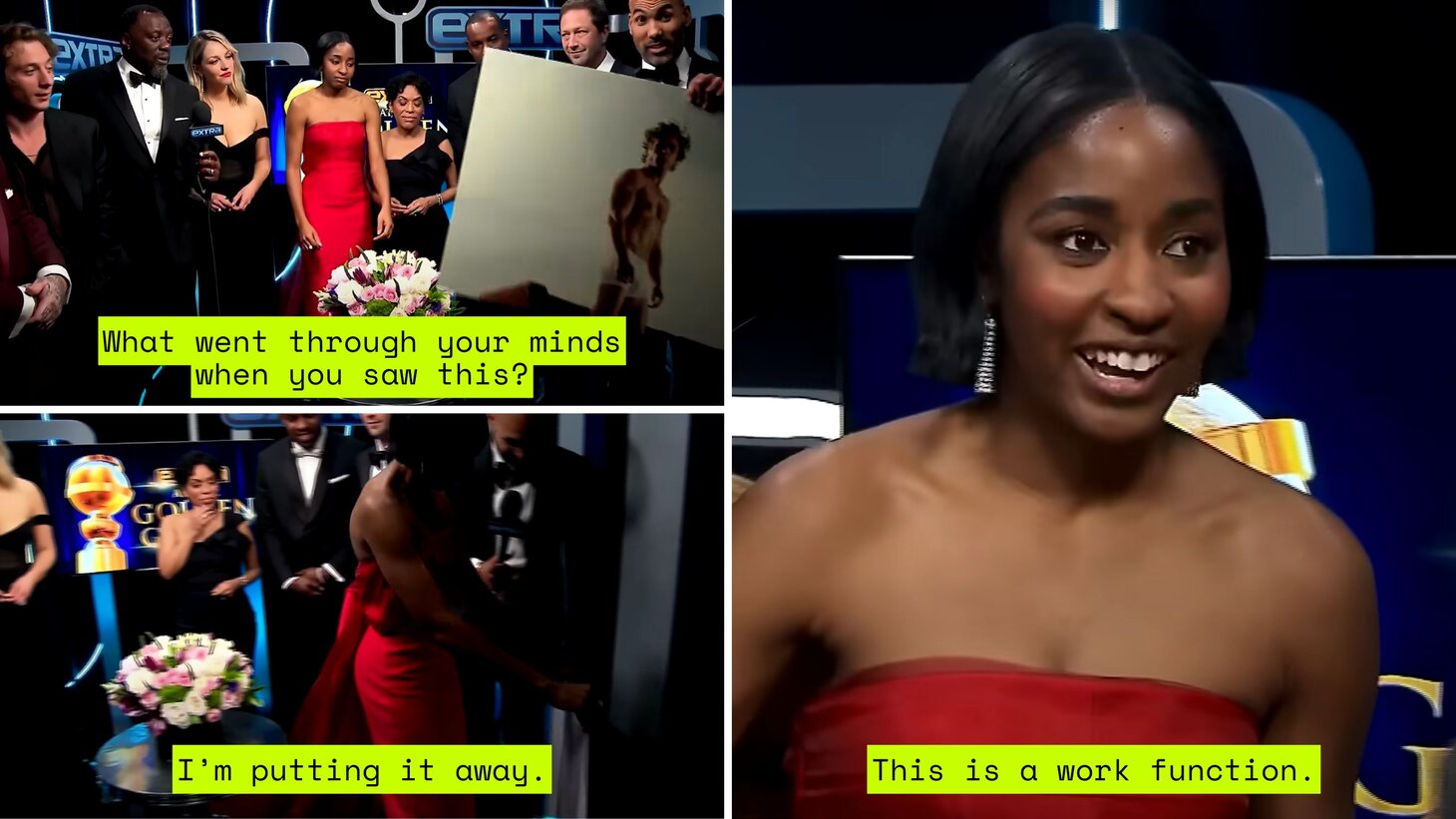
“This is a work function!”
Whether we’re talking about movie, television or music awards, it’s fair to summarise that they are, in fact, just work functions. Very glamorous, yes, definitely higher budget than anything I’m used to, but work functions nonetheless. Whether they’re actors, musicians, directors or anything and everything in between, celebrities are just people who happen to be very good at their jobs.
I love my therapist, I think she’s incredible at her chosen profession, but I place a lot more weight on the questions she asks me as opposed to the cardigan she chooses to wear on any given day. With those shoes, really?
If a tree falls but nobody is around to hear it, does it make a sound? If an actor wins an award, but their dress sucks, does it really even count? There’s always next year, I guess.
Now, I’m not claiming that appearance doesn’t matter in other careers. We’re no strangers to changing up our look depending on the work function we’re attending. Enter: my ‘non-creative work events’ Whering lookbook, made up entirely of blazers and wide-leg wool trousers. I’m just saying that it’s not be-all and end-all. It doesn’t leave an ever-lasting impression. It’s not something I might stumble upon on Twitter (I refuse to call it X), years later, in a “worst Business of Fashion panel outfits of all time” thread (12.7k likes, 6,734 quotes, 9,627 reposts, 27 replies).
In the same line of thought, it’s interesting to consider that often-times celebrities aren’t necessarily interested in fashion at all. Often-times, celebrity ‘fashion-icons” are fan made, and don’t truly reflect the person behind the screen. We declare somebody, usually someone who is consistent enough that we can rely on a great outfit almost every time, a fashion icon, when in reality they’re just putting on a dress that was chosen for them.

Margot Robbie, who just had an incredibly successful Barbie press-run and is in the midst of an incredibly successful award season, whose red carpet looks were so adored, they were turned into a book, puts it very well. There’s a seeked out separation between the person we see on screen, and the person they are in private. Validated by countless interviews and quotes, oftentimes actors become actors because they’re more interested in exploring other people than being themselves.
Beyond the work of talented costume designers on a film or television set to create a three-dimensional character, I find that we often forget that red carpet looks can also be considered characters. Manufactured by glam teams and stylists.
![In an interview about her style, Zendaya says that her stylist, Law Roach, "has helped create my style. In my regular life, I don’t dress up that much. I’m pretty boring. [...] Especially when it comes to my ‘more dramatic’ looks, I feel like I do have little characters and little energies that I possess with the outfit."](https://cdn.builder.io/api/v1/image/assets%2Fa8566c0d91cf45628868ce8828b0f400%2F63c90fa69bba4c54b34f5c5abf59d66b?width=1460)
“[Law Roach] has helped create my style. In my regular life, I don’t really dress up that much. I’m pretty boring.”
Let’s consider what we know so far:
- Public appearances are “work functions”
- Celebrities have teams who curate their public image
- Oftentimes, their interest in fashion is entirely superficial*
*Important distinction: I’m not saying this as a negative thing, it’s okay to not be interested in fashion.
Now, don’t get me wrong, I love award season. I love staying up to see the red carpet, I love getting excited about seeing rare archival pulls out in real life and current season fashion in motion. I love cringing at the inadvertently bad comedian who’s hosting the ceremony and I love rooting for my favourite films, filmmakers, actors and artists to win. And I LOVE LOVE LOVE the speeches, especially if they’re delivered by Olivia Colman.
But will I ever let my personal opinion on somebody’s outfit overshadow any other discourse? Probably not. So why do we feel so comfortable letting the clothes celebrities wear precede them and their professional accomplishments?
Join the conversation and share your thoughts via our Instagram and Twitter @whering__.
Something on your mind?
Share your thoughts with Whering community.
If you have an idea for an article around fashion, culture, environment, news, wellness, shopping or DIY, submit a pitch to us!
